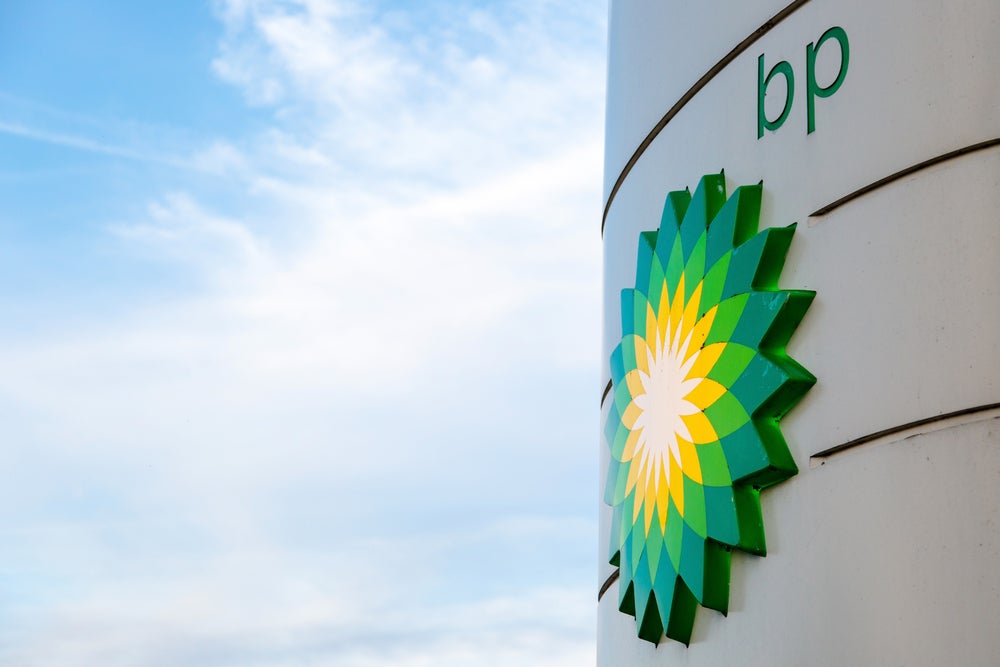
On Tuesday, BP announced in a press release that it has acquired a 40% non-operated share in the UK’s Viking carbon capture and storage (CCS) project from Harbour Energy.
Under the agreement, Harbour Energy, the largest oil and gas producer in the UK North Sea, will continue as the operator of Viking CCS. A BP spokesperson said that the project has the potential to meet one third of the UK Government’s carbon capture target.
The successful delivery of the Viking project could potentially result in £7bn of investment across the entire carbon capture, transport, and storage value chain over the next decade. It could also create up to 10,000 new jobs during construction, BP said.
Harbour Energy and BP already share an interest in the Lincolnshire offshore gas gathering system pipeline, which will be repurposed as part of the Viking project. Carbon emissions from BP’s upstream oil and gas production alone totalled 307 million tonnes in 2022, according to the Financial Times.
Viking CCS also has access to a planned CO2 shipping terminal at Associated British Ports’ Port of Immingham. This holds the potential for shipped CO2 from dispersed emitters elsewhere in the UK and internationally.
Anja Dotzenrath, executive vice president of gas and low carbon energy, said that the Viking Project “can play an instrumental role in helping to decarbonise the UK and providing CO2 transport and storage as a service to emitters across industry sectors and geographies”.

US Tariffs are shifting - will you react or anticipate?
Don’t let policy changes catch you off guard. Stay proactive with real-time data and expert analysis.
By GlobalDataLast month, UK chancellor Jeremy Hunt said in his presentation of the UK’s spring spending that the government will invest $24bn (£20bn) in CCS over the next 20 years. The government aims to capture and store 20-30 million tonnes of carbon by 2030.
Increased investment in and focus on CCS comes despite the technology’s lack of industrialised success to date, along with uncertainties surrounding the long-term environmental impacts of potential carbon leaks from storage pools.
A final investment decision is expected in 2024, subject to the outcome of the Track 2 cluster sequencing process. The project could be operational by 2027 and could be storing up to 10 million tonnes of CO2 by 2030, BP said.



